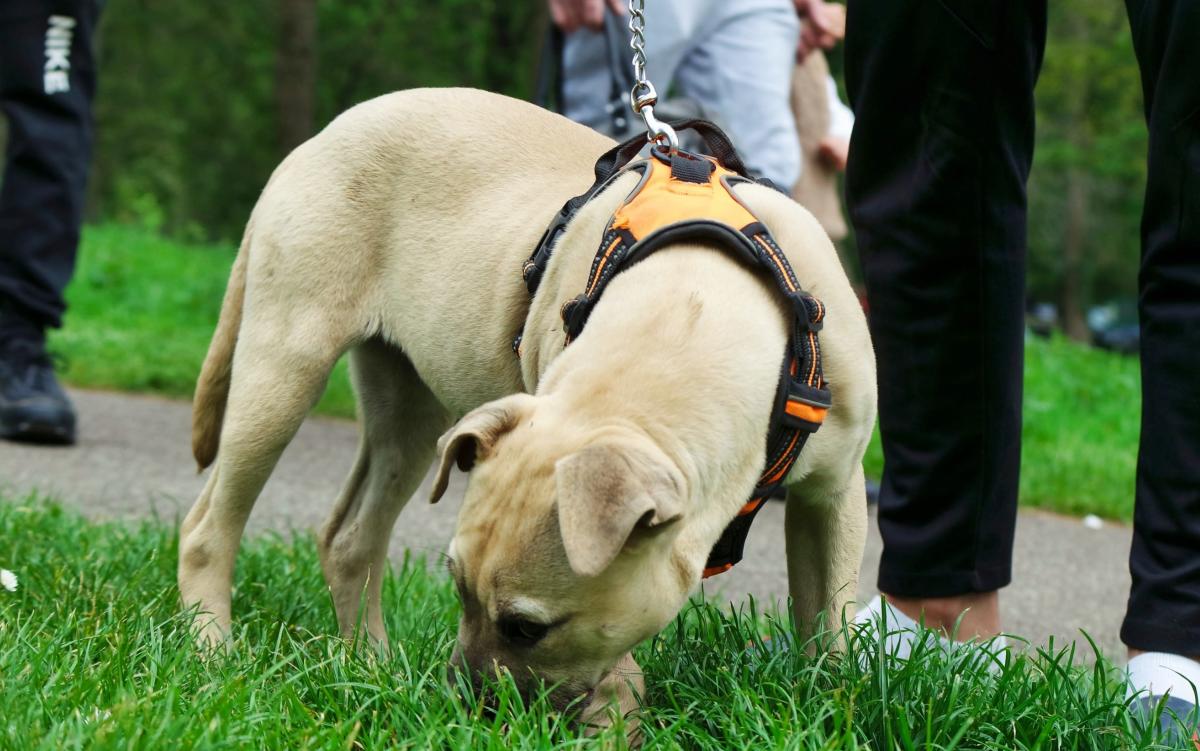
A police officer who was told he wasn’t allowed to bring his autism assistance dog to work is suing the force for discrimination.
Detective Sergeant Matthew Parker told bosses he needed his “psychiatric assistance” pet Koda with him to help with his autism and other mental health conditions.
When he brought the dog in without permission, he was sent away by a detective inspector who told him to come back without the animal, an employment tribunal heard.
DS Parker has now sued Hampshire Police for disability discrimination, claiming that three other staff members had been allowed to bring assistance dogs to work.
After a preliminary hearing, he has been given permission for his case to be heard in full to decide whether the force’s treatment of him was fair.
The tribunal held in Southampton heard DS Parker has worked for the Hampshire and Isle of Wight Constabulary since 2004.
The experienced officer suffers from autism, ADHD, PTSD, depression and anxiety, the hearing was told.
At the time he made his claim he worked in the force’s digital investigations team.
DS Parker first asked to bring his dog to work in December 2021 and his manager, Det Insp Gareth Jones, said he would need to find out if this was possible.
In February 2022, DS Parker was told that he could not bring Koda to work. However, when he brought her to a digital forensic lab he was told by Det Insp Alex Hall to leave and return without his dog.
A year later, in January 2023, DS Parker asked again if he could bring his assistance dog to work and was told by the human resources department that further occupational health advice was needed.
The tribunal heard that there were two other police officers and a staff member in another team who had PTSD and did have assistance dogs, but these were exceptions, not the rule.
Employment Judge Catherine Rayner said: “The fact that some individuals were able to convince the [police] that they should be allowed to bring the dogs in, was an exception to the usual practise of not allowing assistance dogs into the workplace.
“Whilst there was no formal policy there was a practise as indicated by the treatment of [DS Parker] which I am satisfied would also have applied to others.”
DS Parker has also alleged that Hampshire constabulary created a “pressured environment” with their process for promotion to Inspector and that deliberately ambiguous questions were asked.
Interviewees go through a scenario-based process where they are given the questions half an hour before the interview.
DS Parker said this task disadvantages neurodiverse employees because it is harder for them to process the information in that time.
He said the task “has the effect of creating a pressured environment for neurodiverse individuals.”
He explained: “Anyone with a disability of anxiety is immediately and overwhelmingly at a disadvantage as what is pressure for me will be a crippling and overwhelming mental and physical attack that activates all of my negative characteristics and engages the need to fight, flight, or freeze.”
Judge Rayner concluded that the force did use this process but did not make a judgement on its impact at this stage.
The full tribunal will be held at a later date.
EMEA Tribune is not involved in this news article, it is taken from our partners and or from the News Agencies. Copyright and Credit go to the News Agencies, email news@emeatribune.com Follow our WhatsApp verified Channel




